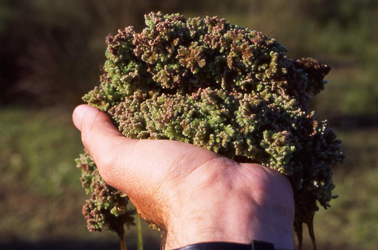Alien species can exert negative environmental and socio-economic impacts. Therefore, administrations from different sectors are trying to prevent further introductions, stop the spread of established species, and apply or develop programs to mitigate their impact, to contain the most harmful species, or to eradicate them if possible. Often it is not clear which of the numerous alien species are most important in terms of damage, and therefore, impact scoring systems have been developed to allow a comparison and thus prioritization of species. Here, the Generic Impact Scoring System (GISS) is presented, which relies on published evidence of environmental and socio-economic impact of alien species. A system of 12 impact categories, for environmental and socio-economic impact was developed, comprising all kinds of impacts that an alien species may exert. In each category, the intensity of impact is quantified by a six-level scale ranging from 0 (no impact detectable) to 5 (the highest impact possible). Such an approach, where impacts are grouped based on mechanisms for environmental impacts and receiving sectors for socio-economy, allows for cross-taxa comparisons and prioritization of the most damaging species. The GISS is simple and transparent, can be conducted with limited funds, and can be applied to a large number of alien species across taxa and environments. In a comparison with 22 other impact assessment methods, GISS appears to be the most broadly applicable system. informacion[at]ebd.csic.es: Nentwig et al (2016) The generic impact scoring system (GISS): a standardized tool to quantify the impacts of alien species. Environ Monit Assess Doi 10.1007/s10661-016-5321-4


 Las altas temperaturas están provocando que las lagunas y las marismas de Doñana pierdan agua rápidamente
Las altas temperaturas están provocando que las lagunas y las marismas de Doñana pierdan agua rápidamente




